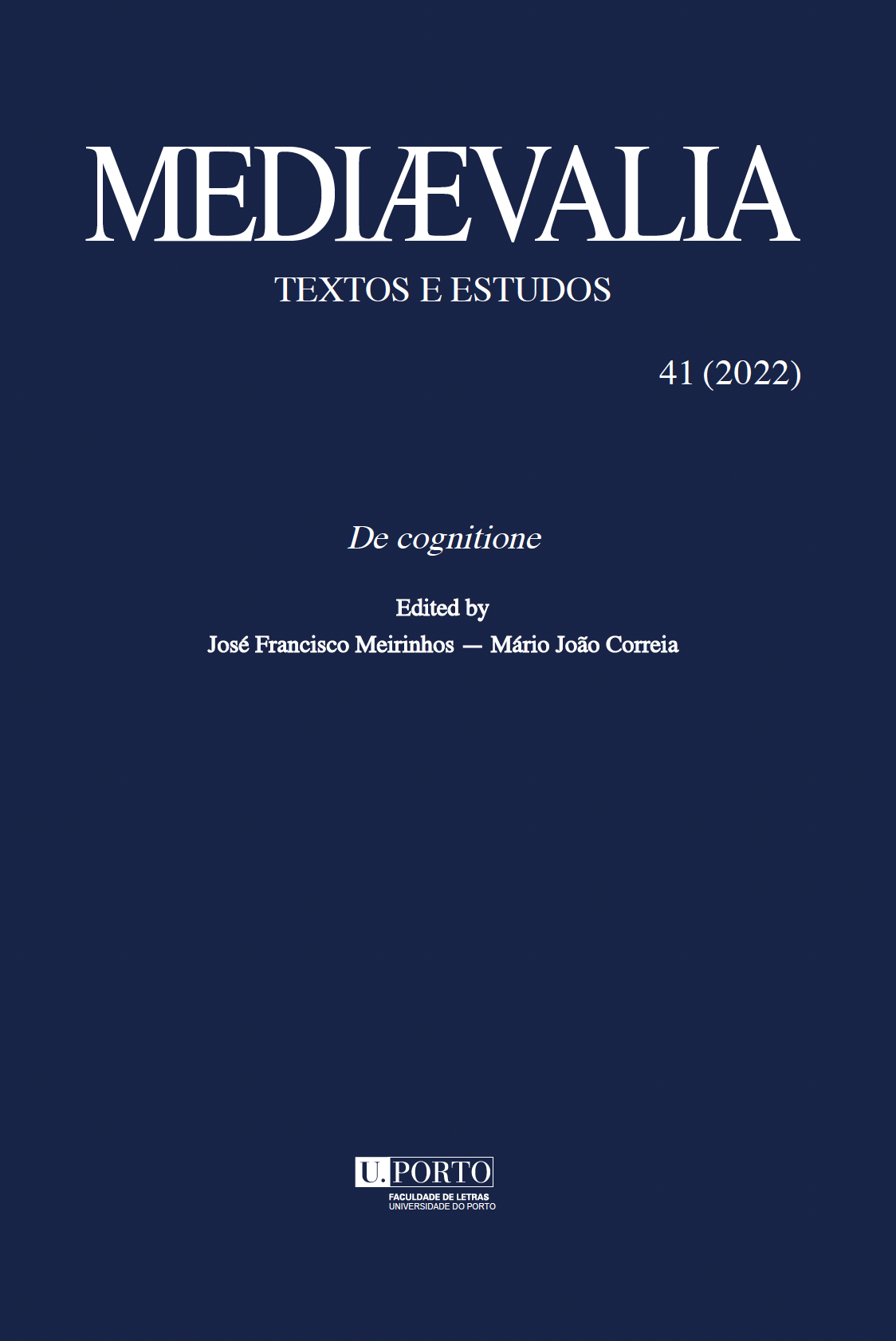La metafísica escotista: Apuntes sobre el sujeto de la metafísica en Antonius Andreae y Duns Scotus
Resumo
Antonio Andrés, gracias a una amplia reelaboración textual de las obras de Duns Escoto, trató de dilucidar la complejidad de la doctrina filosófica de su maestro y estableció así algunas de las tesis fundamentales de la metafísica escotista. Un ejemplo de esta operación tiene lugar en la delimitación del sujeto de la metafísica que Andrés propuso en su comentario a la Metafísica de Aristóteles, una obra que alcanzó un gran éxito editorial y académico durante los siglos XV y XVI. El tratamiento de Escoto a esta cuestión es altamente ambigua y contradictoria si atendemos las conclusiones de su obra lógica y metafísica y las diferencias que estas presentan con sus textos teológicos. Ante esta situación, Andrés determinó en su obra la posición que pasaría a formar parte de la doctrina escotista posterior: el primer sujeto de la metafísica es el ser qua ser, el ser universal, común, unívoco, neutro y transcendental. Con esta propuesta, la metafísica tomó durante la Baja Edad Media una nueva dirección ontológica, que rompió con la tradición escolástica posterior, y fue finalmente concebida como una scientia transcendens.
Palabras-clave: Antonio Andrés; Duns Escoto; escotismo; sujeto de la metafísica; univocidad.
Downloads
Publicado
Edição
Secção
Licença
Direitos de Autor (c) 2023 Maria Cabré Duran

Este trabalho encontra-se publicado com a Licença Internacional Creative Commons Atribuição-NãoComercial-SemDerivações 4.0.






